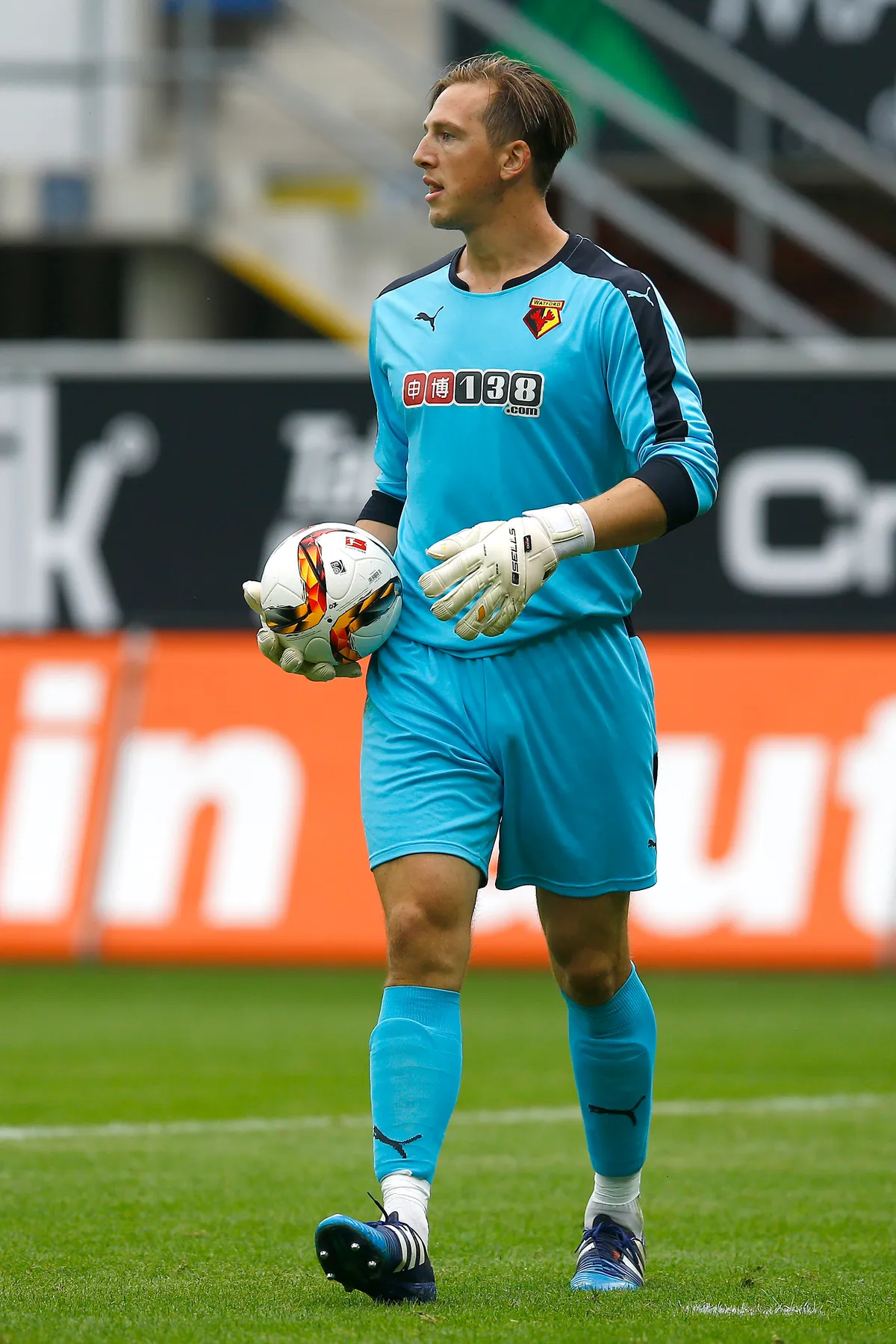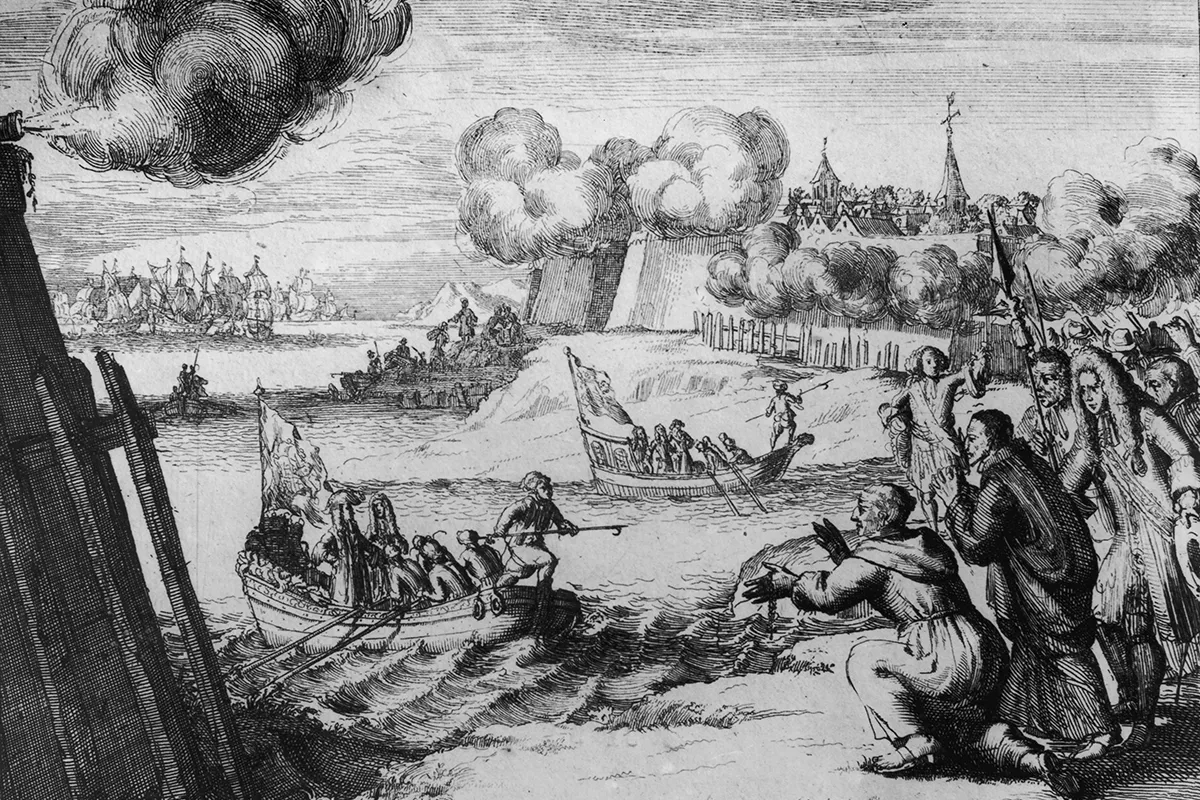The inhabitants of ancient Ireland were initially known by a single name. However, as the population grew this was not definitive enough to distinguish between similarly named persons. According to the scholar of Irish surnames Edward MacLysaght (1887–1986), 11th century Ireland was one of the first countries to develop a system of hereditary surnames.
The names were created in the ancient language of Ireland, also known as Gaelic. Early Irish surnames were formed by prefixing Mac or Ó/Uá to the first name of the father (Mac) or grandfather or earlier ancestor (Ó) – Mac being the Irish for ‘son’ and Uá or Ó being the Irish for ‘grandson’ or ‘descendant’. Before the names were anglicised, female descendants took the prefix Ní (from Iníon Uí ‘daughter of’) or Nic (from Iníon Mhic, ‘daughter of the son of’), but the female form did not make its way into the lexicon of Irish surnames and is only used by Irish speakers.
Irish names also developed from the occupation, trade, distinguishing feature or characteristic of the predecessor, and nearly always began with the Mac or Ó prefixes.

In his key work The Surnames of Ireland (Irish University Press, 1969), MacLysaght cites the examples giolla and maol, derived from the Irish for ‘follower’, ‘servant’ or ‘devotee’. The modern name Gilmartin derives from Mac Giolla Mhartain, meaning ‘son of a devotee of St Martin’. It is worth noting that many Gil surnames can also appear as Kil by the 19th and 20th centuries. In fact, you may find a single family who are listed as Gilmartin and Kilmartin in different records.
The surname McAteer is from the Irish Mac an tSaoir based on the Irish word saor, meaning ‘craftsman’. The name McIntyre in Scotland has a similar derivation. The name Mangan is from the Irish Ó Mongáin which is derived from the Irish word mongach meaning ‘long-haired’.
Later surnames developed from the epithet without the Mac or Ó such as Duff, from dubh (‘black’), which never had a prefix.
The arrival of English introduced changes to Irish family names. MacLysaght cites the example of McGowan, from the Irish Mac an Ghabhann, ‘son of the smith’, which may have also been translated to the English surname Smith. He claims that this may be the origin of the many Smith families found in County Cavan.
Another of MacLysaght’s examples is the surname Mac an Bhreitheamhan, ‘son of the judge’, breitheamh being the Irish for ‘judge’ or a system of arbitration in ancient Ireland. From this word also comes the term Brehon, a system of early Irish law. Mac an Breitheamhan was anglicised as MacEbrehowne, which was shortened to MacEbrehan, MacAbrehan, later MacAbreham and finally to Abraham, which has no connection to the biblical name. Breheny and Judge are also anglicised or translated forms of the same surname.
Some surnames were mistakenly translated from the wrong Irish word. MacLysaght cites the surname MacEneany, which was translated to Bird in the mistaken belief that the Irish root was ean meaning ‘bird’.
Over centuries, Irish surnames were translated into English or anglicised. It was not until the resurgence of the Irish language in the 19th century that we see some Irish surnames revert to a version of the original.
We are all aware of Irish surnames with the prefix Mac (abbreviated to Mc) and O. These prefixes started to disappear in the early 17th century, as British rule extended across Ireland and English became the language of administration. If you are searching for ancestors named O’Connor, O’Reilly and O’Sullivan, you will most likely find them in 19th century Irish records as Connor, Reilly/Riley and Sullivan. The O was generally reintroduced after emigration or following the Irish language revival of the 1890s. This practice was less common for ‘Mac’ surnames. In the early 20th century some families reverted to the original Irish spelling.

Not all Irish surnames were of Gaelic origin. Surnames such as Fitzgerald, Power and Cruise, among others, are Norman; Power comes from de Paor and Fitz from the French fils, a similar meaning as Mac. Other early Irish names, such as Harold and Loughlin, were Norse in origin.
Names arrived in Ireland from England, Scotland and Wales, but also via various other strands of European immigration, such as the Huguenots, Palatines (18th century refugees from Germany) and Jews. The south-east, via the port of Cork, was populated with European craftsmen who bestowed their names on their Irish descendants.
A helpful guide to Irish surnames can be found at John Grenham’s site Irish Ancestors. Using Griffith’s Valuation, the land survey of mid-19th century Ireland, Grenham has mapped each surname, illustrating where particular names are concentrated. Some common Irish surnames were established independently in different parts of the country. Grenham also provides a brief history of the surname, largely extracted from MacLysaght’s publications, as well as variant spellings. This kind of information is a vital tool for any family historian researching their Irish roots.
